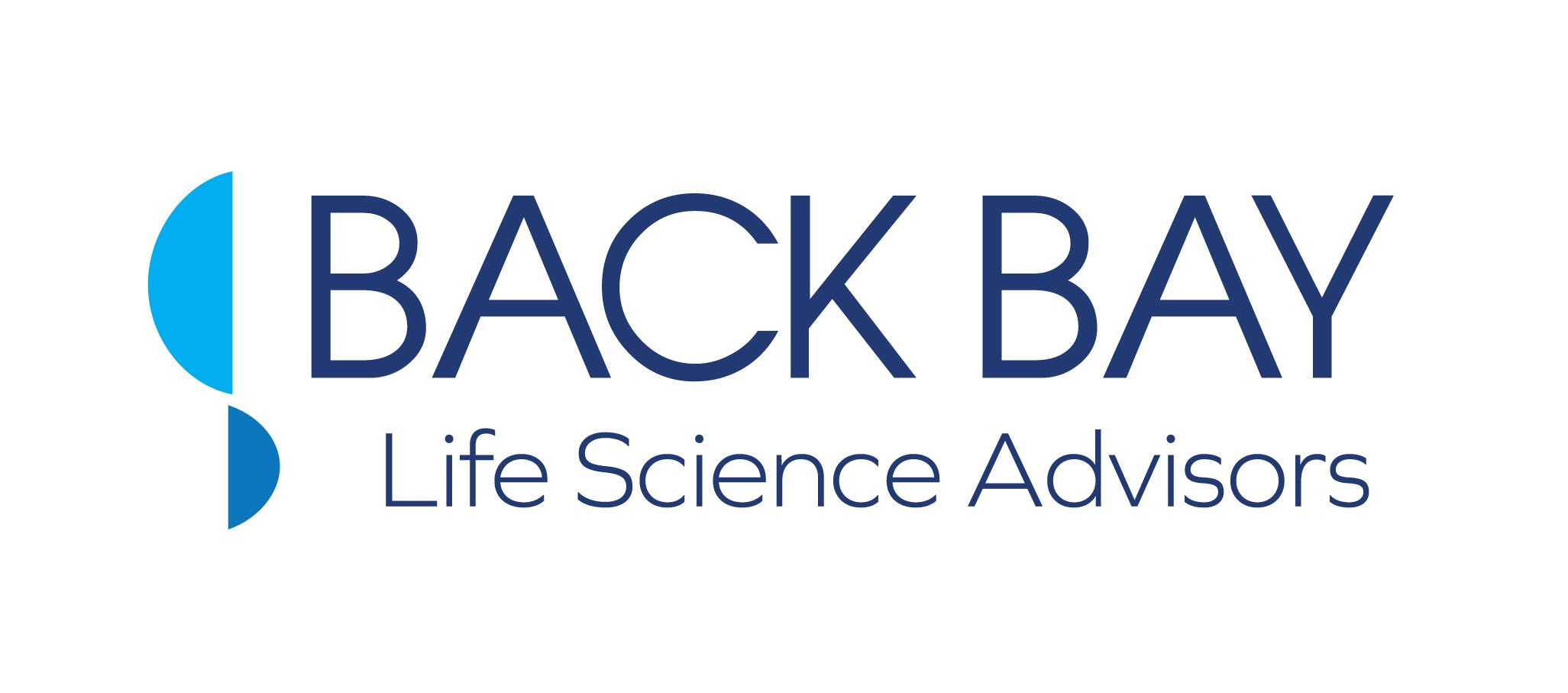2023: A Year for NASH Revival?
By Peter Bak, PhD, Managing Director, Back Bay Life Science Advisors
Back Bay monitors progress in therapeutic areas across the spectrum of investor interest. We note trends but are not swayed by them. In scientific and clinical development, the winds of change can shift rapidly, and staying abreast of even fields in disfavor often brings a critical strategic perspective to projects in either closely related or remote spaces. One such example, without question is the area of Non-Alcoholic Steatohepatitis, or NASH.
Once an area of substantial pharma interest in partnering, NASH was relegated to the back burner of industry interest during 2019-2021. High-profile clinical failures, regulatory setbacks and, to a lesser extent, portfolio re-prioritization due to the pandemic led to the cooling of this once-sizzling field. However, driven by positive clinical readouts and renewed investor interest, the NASH space may again be heating up and since Back Bay published our white paper on the NASH development space in early 2021, several market-moving events have taken place.
After a spate of high-profile clinical trial failures, Madrigal and Akero this year reported successful clinical trial readouts in randomized controlled clinical studies. In Q4 2022, Madrigal Pharmaceuticals released Phase III data from their registration-directed MAESTRO-NASH trial of resmetirom, an oral β-selective thyroid hormone receptor agonist. The study, enrolling more than 950 patients in a 52-week study, was successful in both primary endpoints, namely NASH resolution and ≥2-point NAS (NAFLD activity score) reduction with no worsening of fibrosis and fibrosis improvement by at least one stage with no worsening of NAS.
Earlier in the year, Akero, developing the FGF21 mimic efruxifermin, reported data from the 128-patient HARMONY Phase 2b study with biopsy-confirmed adult NASH patients with fibrosis stage 2 or 3. In ~40% of patients treated with efruxifermin, there was at least a one-stage improvement in liver fibrosis with no worsening of NASH by week 24, compared with 20% for the placebo arm. A smaller study, Chemomab released Phase 2a trial data for its anti-CCL24 mAb, CM-101, meeting safety endpoints and secondary endpoints of liver fibrosis in 23 NASH patients.
Further data should sculpt the narrative as to whether NASH drug development has turned a corner in 2023.
Enanta Pharma is developing EDP-305, a bile acid receptor agonist, and is expected to release a 12-week interim analysis of its Phase 2b ARGON-2 trial.
NorthSea Pharma, sponsor of the structurally engineered eicosapentaenoic acid derivative Icosabutate, is scheduled to read out the Phase 2b ICONA NASH trial in the first half of 2023.
Sagimet recently released positive interim data from its Phase 2b trial (FASCINATE-2) with denifanstat, a fatty acid synthase (FASN) inhibitor, with final results expected by year-end.
Further, Terns, GENFIT, 89bio, NGM and Viking expect to release material data in the upcoming year.
With these data readouts as a backdrop, 2023 expects further regulatory movement in the NASH space.
On the heels of the MAESTRO-NASH data, Madrigal will file for accelerated approval for resmetirom from the FDA. While this will be Madrigal’s first shot at approval for resmetirom, another biopharma will soon learn if the second time is the charm for a NASH approval. Intercept Pharma, developer of obeticholic acid (OCA), which is already approved for primary biliary cholangitis has returned to the agency to see if the drug, marketed under the name Ocaliva, will soon be approved for NASH. Previously rejected for approval in NASH in 2020, but building on additional data in the Phase 3 REGENERATE and REVERSE trials, the company has returned to the agency that expects to release its decision by the end of June 2023.
There may be investor momentum gaining once again in the NASH field. Long the darling of investors and consolidators alike, the previous few years have not been kind to NASH drug developers. Indeed, the mood has undoubtedly cooled in the private capital markets. According to our assessment (via Pitchbook), total VC investment in NASH companies was in the range of $200-300M annually during 2021 and 2022, compared to well over $500M in deployed capital in 2020. However, signs point to a change in sentiment as positive data readouts for Madrigal and Akero saw substantial movement in their shares, and the private drug developer HighTide Therapeutics announced a $107M Series C in early 2023.
With a large and growing patient population and significant medical unmet needs, NASH has long been viewed as an attractive market; with a checkered clinical development past, 2023 may be the year investors, clinicians and patients no longer have to “NASH” their teeth in anticipation.
Would you like to contribute to this landscape overview or ask a question about NASH development?
Article references available upon request
